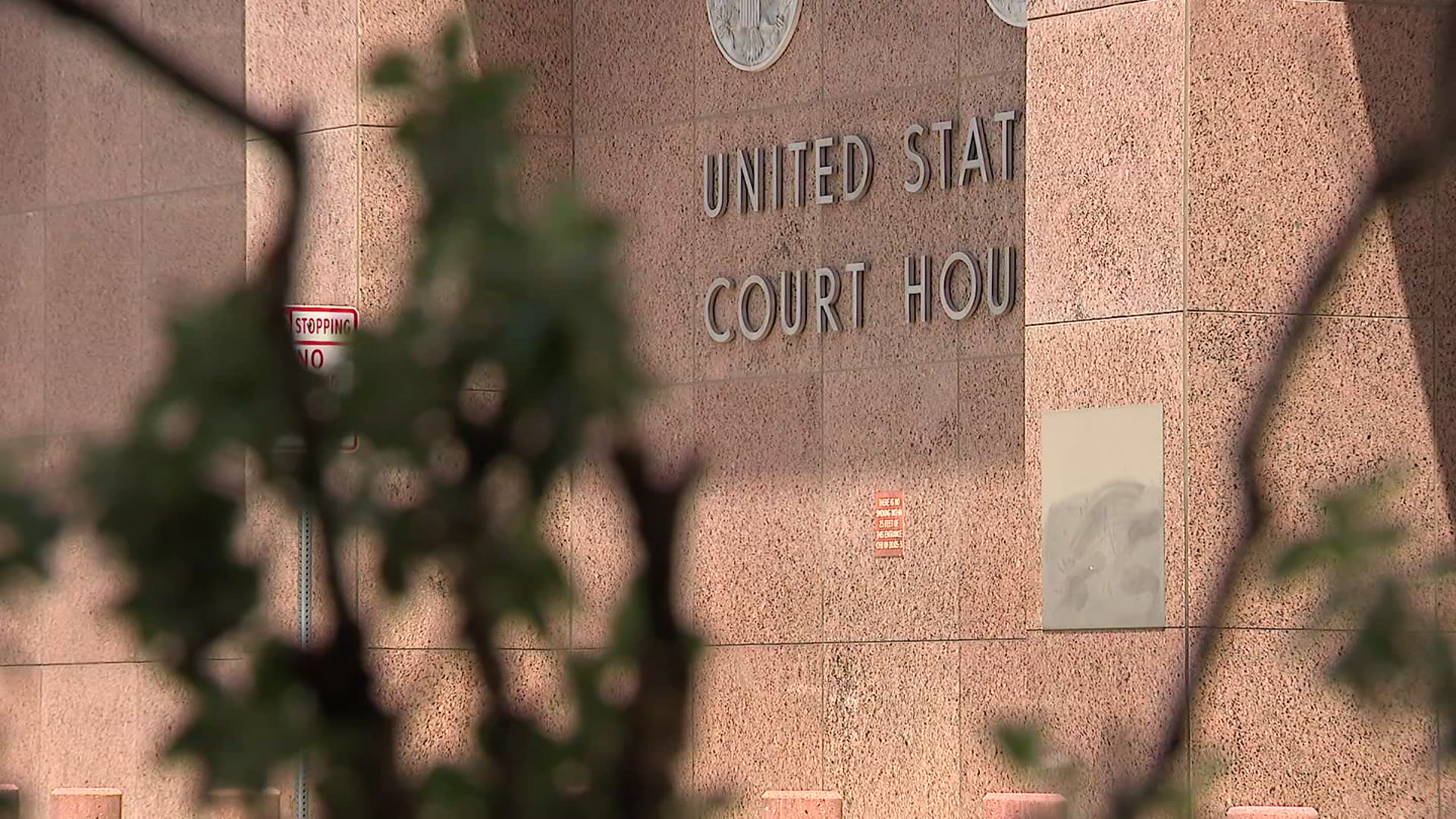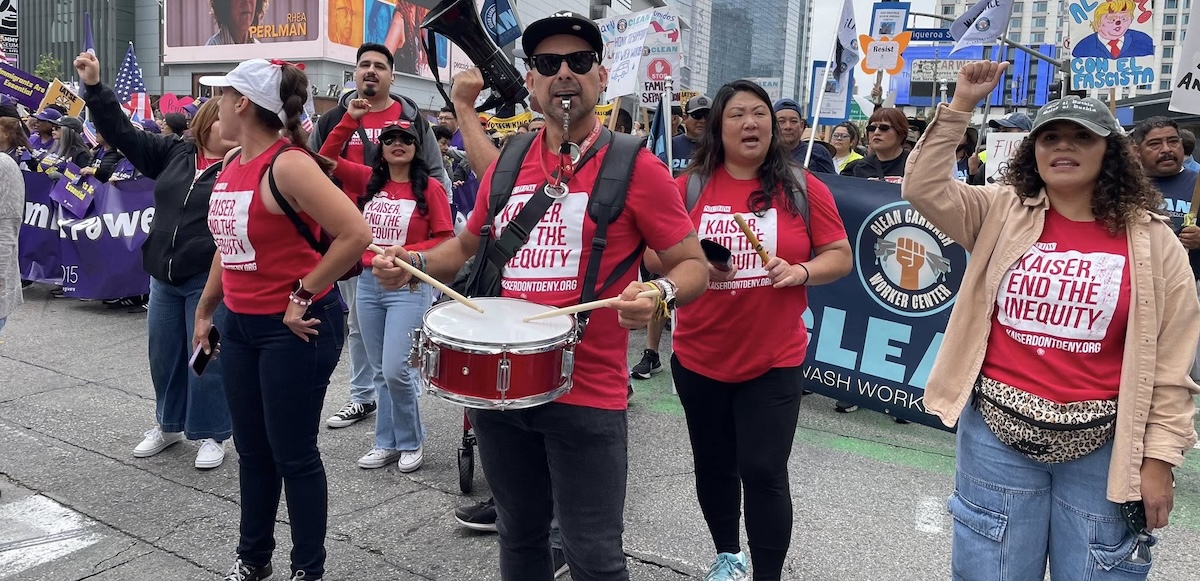One in five adults experiences a mental illness each year, according to the Substance Abuse and Mental Health Services Administration (SAMHSA). As first responders see an increase in calls for mental health emergencies, the City of Carrollton is responding with a new approach, focused on care and long-term solutions.
The city recently marked one year since launching it's Navigator Program, a partnership with Metrocare and Metrocrest Services that embeds a qualified mental health professional and team of care coordinators into the city’s emergency response model. The program deploys a mental health navigator in real time to support people in crisis and provide ongoing follow-up care.
“It’s not a criminal violation, it’s a mental health issue,” said Rex Redden, executive director of public safety for the City of Carrollton. “And as best we train our police officers, they’re just not the right tool for the job.”
Redden said the city realized it didn’t have the proper resources to address the volume and complexity of mental health-related calls.
“We really realized that we just didn't have the resources available,” he said.
In the past, EMS and fire crews often transported individuals in crisis to the hospital, which took them out of service for 45 minutes. Police commitment calls could keep officers tied up for two hours.
“The only option we had was to take them to the hospital,” said EMS Chief Jeff Glenn. “Dumping the patients at the hospital is not the best option for them because a lot of times, the hospital was ill-equipped to deal with them.”
And those same individuals would often cycle back into the system.
“And after that, we were back to work, and two days later, we get the same call, same guy, same situation, and we're back at it again,” said Redden.
In 2024, the city launched the Navigator Program in partnership with Metrocare, the largest provider of mental health services in Dallas County, and Metrocrest Services, a nonprofit offering support for employment, food security, and financial stability. The City Council approved funding for the initiative in January 2024. The program began operating in February.
Now, when someone calls 911 with a mental health concern, when appropriate, first responders can call Natalie Campos, the city’s mental health navigator.
“Now our guys will get on scene, and they can call Nat,” said Glenn.
Campos responds to provide on-site support and follow-up care.
“It's all about getting to the scene and providing the right care at the right time,” Campos said.
“Some of the calls are family members or themselves calling, saying, ‘I’m not having a good time right now, I’m on the brink of a breakdown or psychotic episode,’” she added.
Campos and the care coordination team work to connect people with Metrocare and Metrocrest services for treatment, benefits, housing, and more.
“It's no longer going to a hospital, no longer going to jail, it's now getting them connected with Metrocare and Metrocrest because they're just in a bad place in their life,” said Carrollton Police Commander Anthony Taylor.
First responders say the difference is noticeable.
“The number of repeat calls has dropped dramatically,” said Redden.
“The conversations officers have now are more confident, they know follow-up is being made,” Taylor said.
By the end of its first year, the Navigator Program received nearly 100 referrals. Campos says she’s seen powerful outcomes.
“My very first client is probably the one that’s special to my heart,” she said. “They no longer need medication, they’re financially stable again with a job we helped them find.”
Navigators work from the Carrollton Police Department and Metrocrest Services offices to help get people to services faster. And even if someone doesn’t call 911, public safety officials say the program is helping spread awareness to the public, that there are resources to help those navigating mental health conditions.
To learn more about the program or mental health resources, visit https://www.metrocareservices.org, https://www.cityofcarrollton.com, or https://metrocrestservices.org.
For national data on mental illness, visit the Substance Abuse and Mental Health Services Administration (SAMHSA): https://www.samhsa.gov/data.











 English (US) ·
English (US) ·